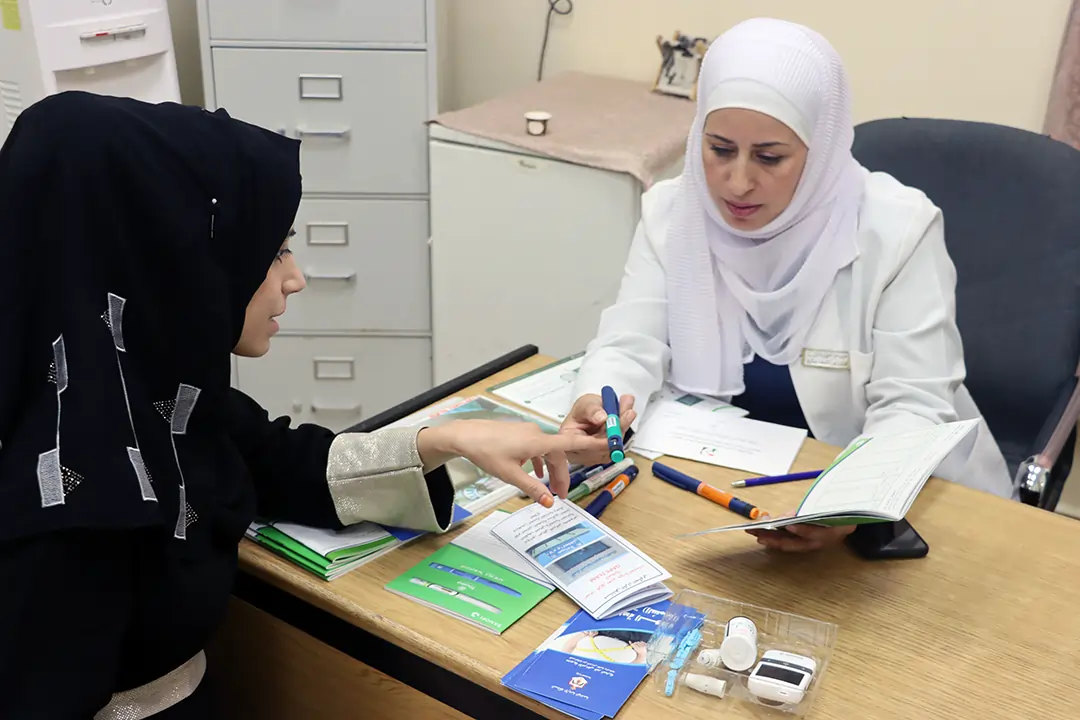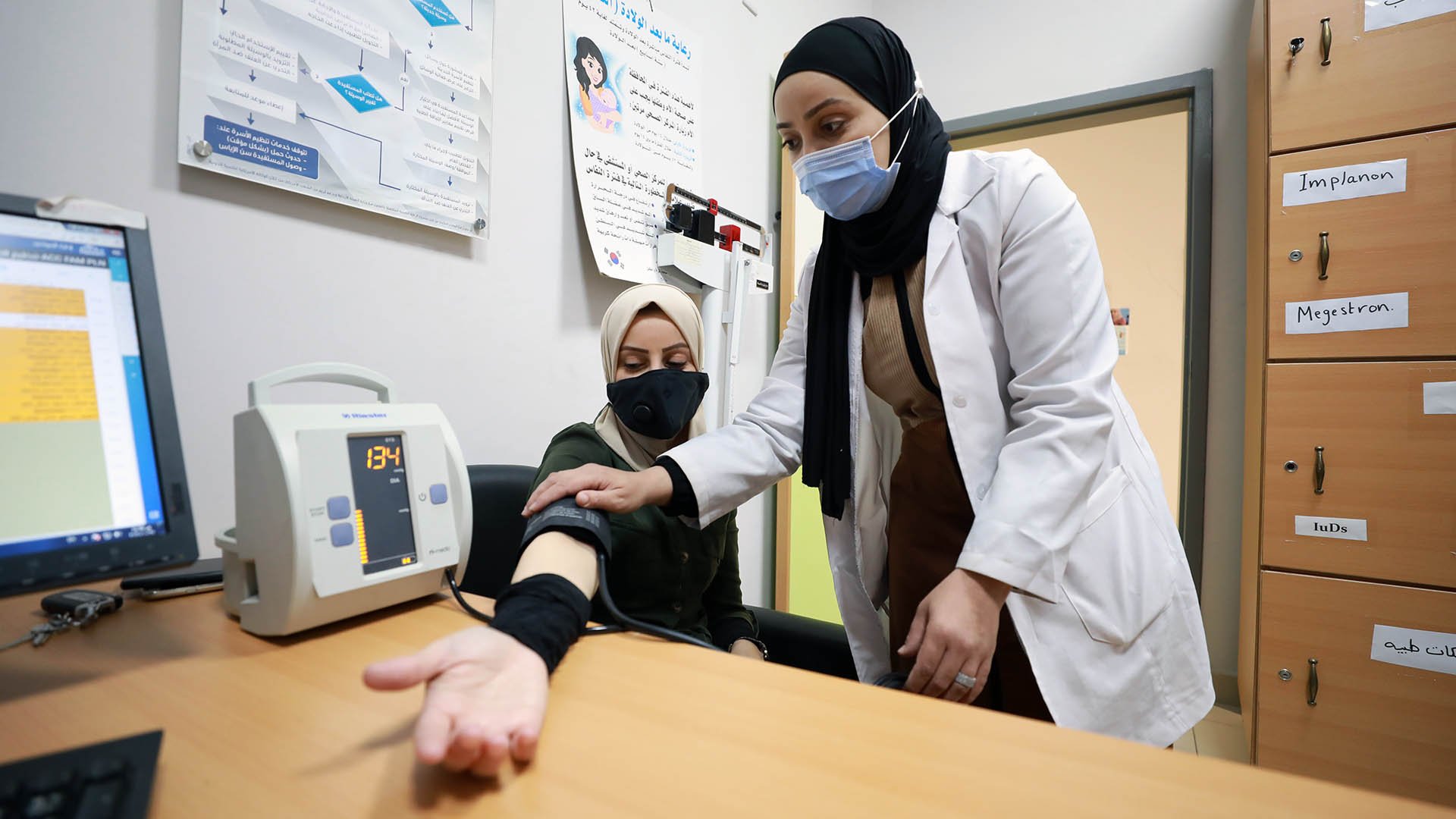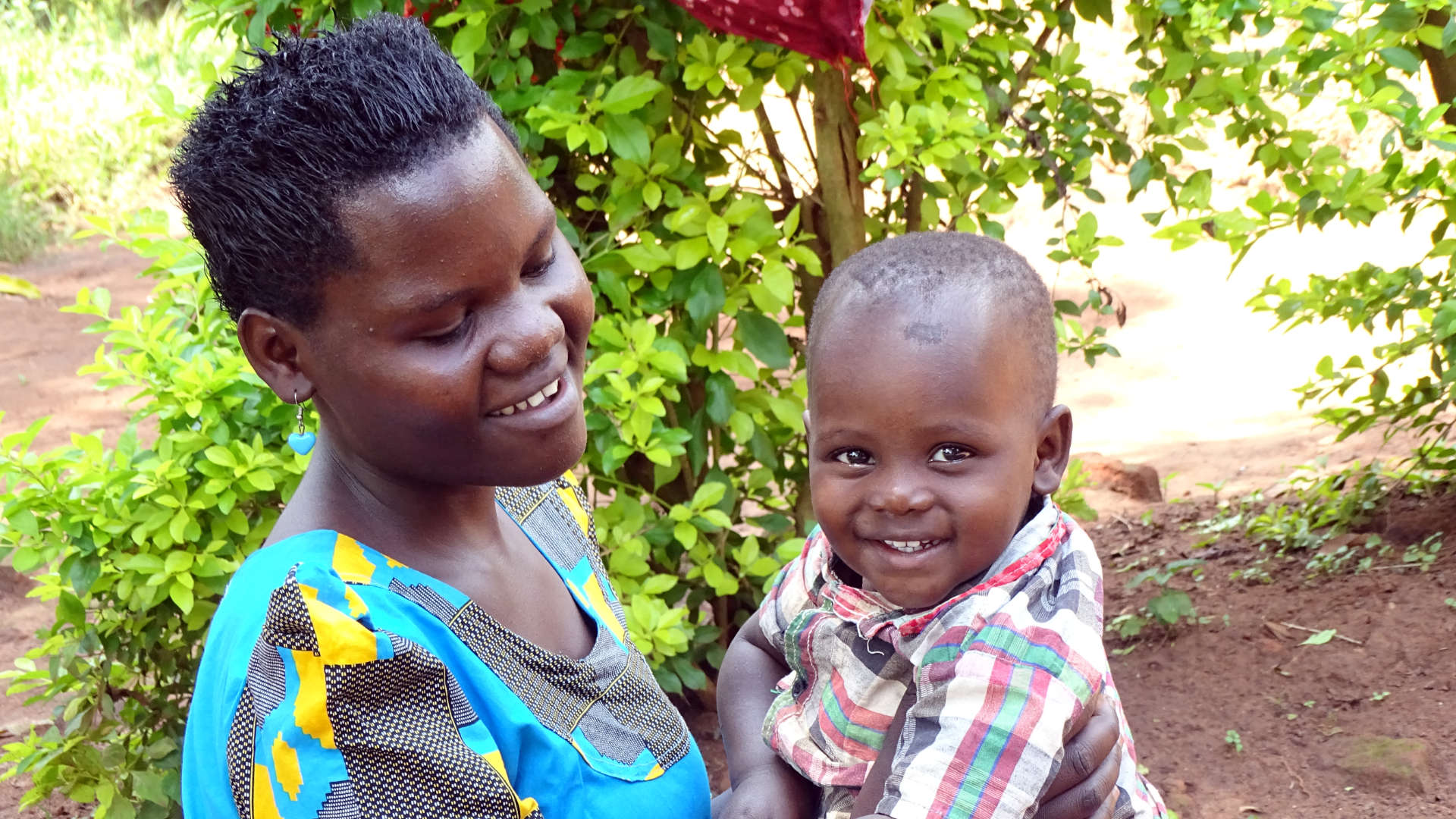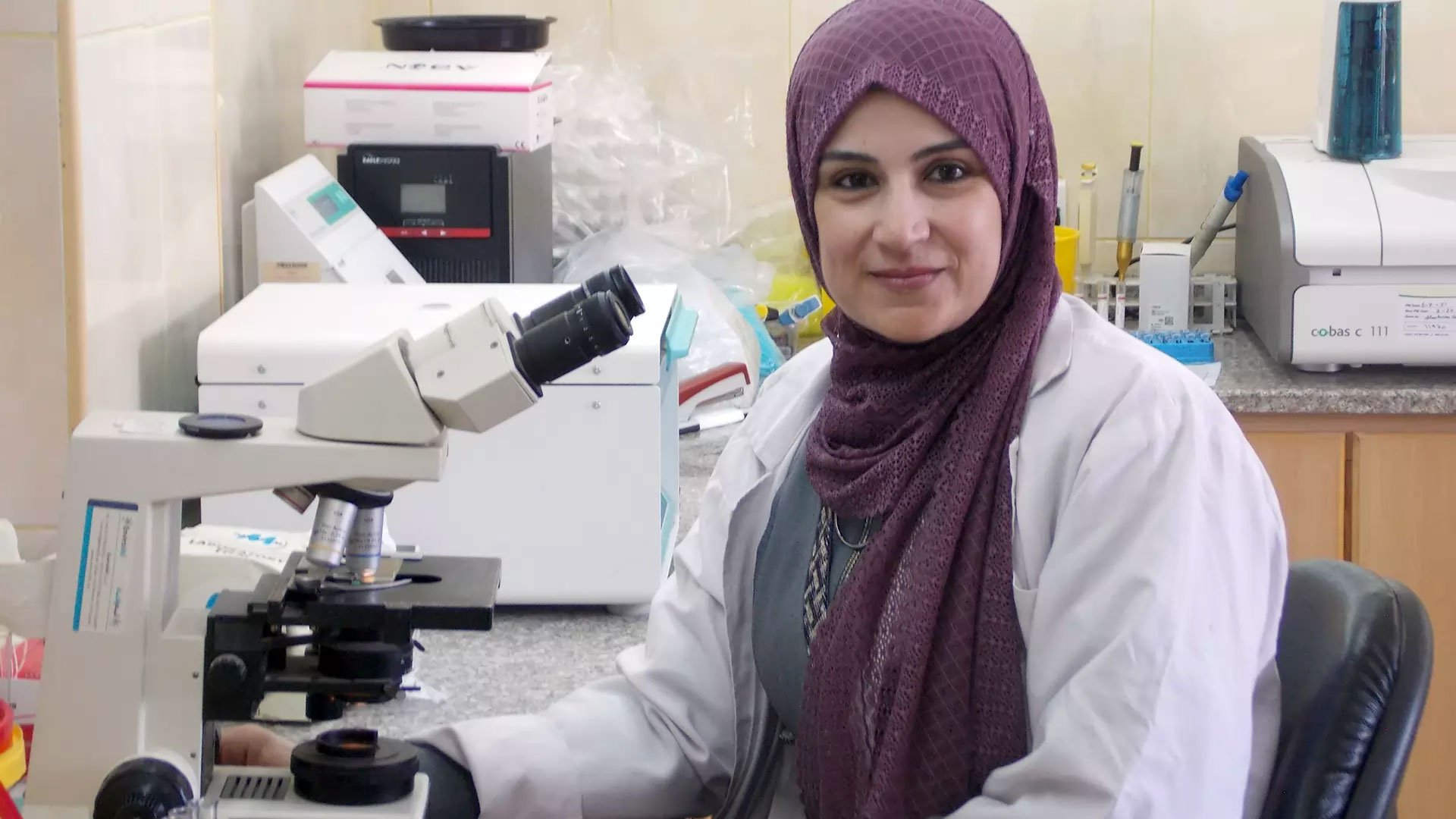“60 minutes spent with Khetam – the diabetes educator – were enough to save my life and my baby! Three weeks ago, I accidentally took a higher dose of insulin than I should have, which caused me to go into a hypoglycemia-induced coma,” said Salwa Al Zubi, 23 years old pregnant woman.
When Salwa was admitted to Al Karak Public Hospital and diagnosed with gestational diabetes, she was referred to the newly established diabetes education clinic at the hospital’s Mother and Child Section. There, she met with Khetam Hreizat, a member of the hospital’s Quality Assurance and Patient Safety (QAPS) team, and one of only two certified diabetes educators at a diabetes clinic within an MOH facility in the south of Jordan.
Quality Assurance and Patient Safety Teams Identify Pain Points
The QAPS team at Al Karak Public Hospital is one of 150 QAPS teams across Jordan formed and trained by the URC-led USAID Health Services Quality Accelerator Activity. The Activity launched a quality improvement (QI) training program utilizing the point of care quality improvement model and trained QAPS teams on utilizing local data to identify challenges and solve problems by initiating QI initiatives at their facilities. This approach aims to achieve incremental improvements in the quality of care for RMNCH services and encourage a culture of quality improvement.
At Al Karak Hospital, almost 40% of mothers diagnosed with gestational diabetes mellitus (GDM) were admitted to the gynecological ward with complications. Many of these admissions could have been avoided with adequate provider training and patient education, allowing these patients to be managed on an outpatient basis instead.
“After the QAPS training, we met and reviewed our reproductive, maternal, neonatal, and child health (RMNCH) data. Gestational diabetes was identified as a top priority for education and behavior change interventions,” said Dr. Ashwaq Al Tarawneh, Chief Obstetrician and Gynecologist at Al Karak Public Hospital.
Small Changes Make Big Differences
Education during pregnancy is key to the successful management of gestational diabetes, helping to reduce complications and the need for hospital care. The QAPS team responded to this need by establishing an education clinic at the hospital’s Mother and Child Section to educate women on safe practices to manage gestational diabetes and appropriate use of their diabetes medication.
The QAPS team redeployed Khetam Hreizat, who works as a critical care nurse at the hospital, to educate women on the proper management of gestational diabetes every Tuesday.
Parts of Al Karak Governorate are quite remote; many women travel for more than an hour to reach the hospital. To more effectively reach pregnant women, many of them are now communicating with Khetam and Dr. Ashwaq daily through WhatsApp to address their concerns and encourage healthy lifestyles for women with gestational diabetes.
“Before we established the clinic, half of my time was spent educating women on how to use their insulin and coaching them on healthy eating plans,” said Dr. Ashwaq. “Now, I can refer them to the gestational diabetes education clinic for much of this coaching, which frees up a lot of my time, allowing me to see more patients experiencing other critical pregnancy complications.”
Teachable Moment
Over the course of three 1-hour education sessions, Salwa learned how to accurately check her blood sugar levels, self-administer insulin injections, and support her diabetes management with nutrition.
“Khetam taught me a lot, especially how I could better manage my condition at home,” added Salwa.
On the occasion of World Patient Safety Day, Dr. Ashwaq’s message is simple: “Education and raising awareness is vital to ensure medication safety and reduce incorrect practices in medication use.”
“Thanks to our efforts, no women with gestational diabetes have been admitted to the hospital for the last three weeks. We hope this trend continues,” she said.
The Way Forward
The USAID Health Services Quality Accelerator Activity will continue to support QAPS teams and provide regular hands-on support to motivate and help improve quality of care at health facilities through the use of quality improvement coaches. The coaches will facilitate the sharing of best practices by helping to identify and share lessons learned across QAPS teams.



